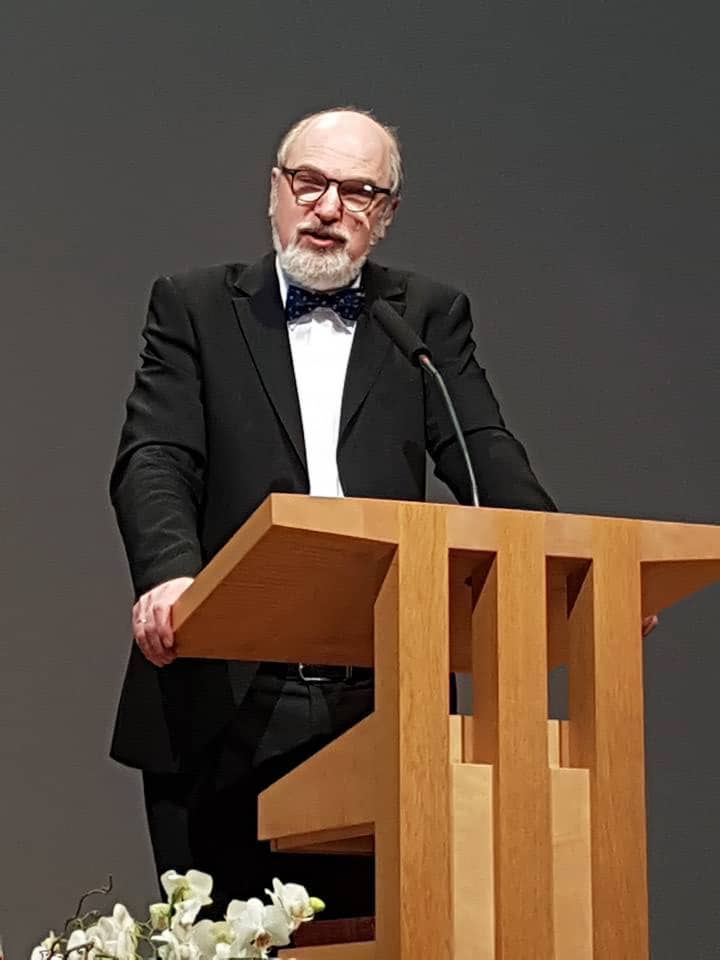Again and again the question poses itself, to what extent Christians should attend to the social, political and economic needs in the world? The concern behind it is that, with such engagement, we could be busying ourselves with issues of secondary importance and thus stray from the goal to testify Christ to the world. If we go back to the beginnings of the evangelical movement, we will discover that this artificial separation of evangelism and social responsibility hasn’t always existed. It was, rather, an expression of a deep love for God to carry the new life through Christ into every area of community life. People were expected to develop a new relationship with God, their neighbour and with society.
Philipp Jakob Spener (1635-1705), the father of pietism, is widely known for his “Pia desideria” which, to this day, is seen as the manifesto of pietism. In this work, he calls for a reform of personal spiritual life, of theology and of church life. His deep inner motivation was “the work of God calling the human to implement his loving divine will in the world.” This motivation not only directed him to name spiritual deficiencies, but also led him to found a communal workhouse in
Carl Christian Mez (1808-1877) was one of the leading figures in the revivalist movements of
William Carey (1761-1834) is known as the father of “Modern World-Mission”. He had the burning desire to mobilise the Christians of his days for the issue of world mission. Because he encountered incomprehension and denial in his surroundings, he founded his own mission organisation. He himself worked in
A prominent figure among English Evangelicals was William Wilberforce (1759-1833). He was known for his pronounced and intensive prayer life. It was, therefore, not unusual, in a meeting with his friends, if they prayed for up to three hours. His name also stands for the abolition of slavery in
Wilberforce, along with other English social reformers, was very strongly influenced by the work of John Wesley. As a revivalist preacher, John Wesley was convinced that “love for God and all people is the heart of religion. This love, we believe, is the medicine of life, the never failing means against all evil in a broken world.” The thought that faith had an answer to all grievances in the society of the early industrial revolution called forth Christian social reformers in
Love for God and love for the neighbour belong together
(Dr. Andreas Kusch, lecturer for Transformational Development at the Academy for World Mission,





Stay Connected